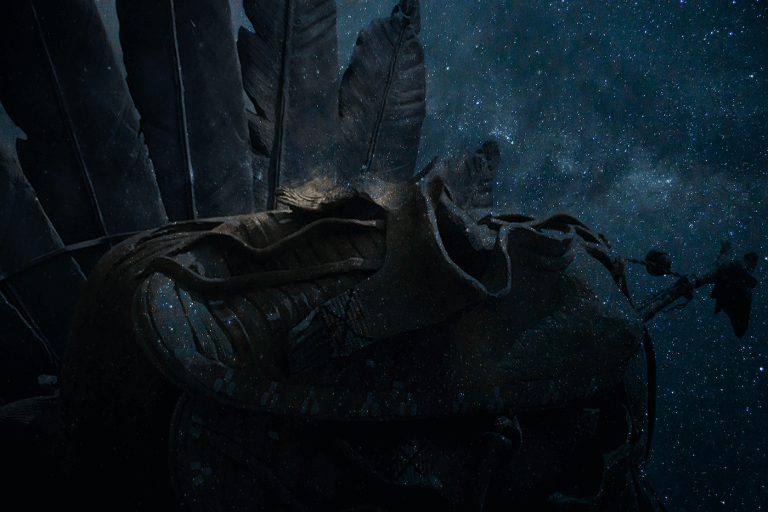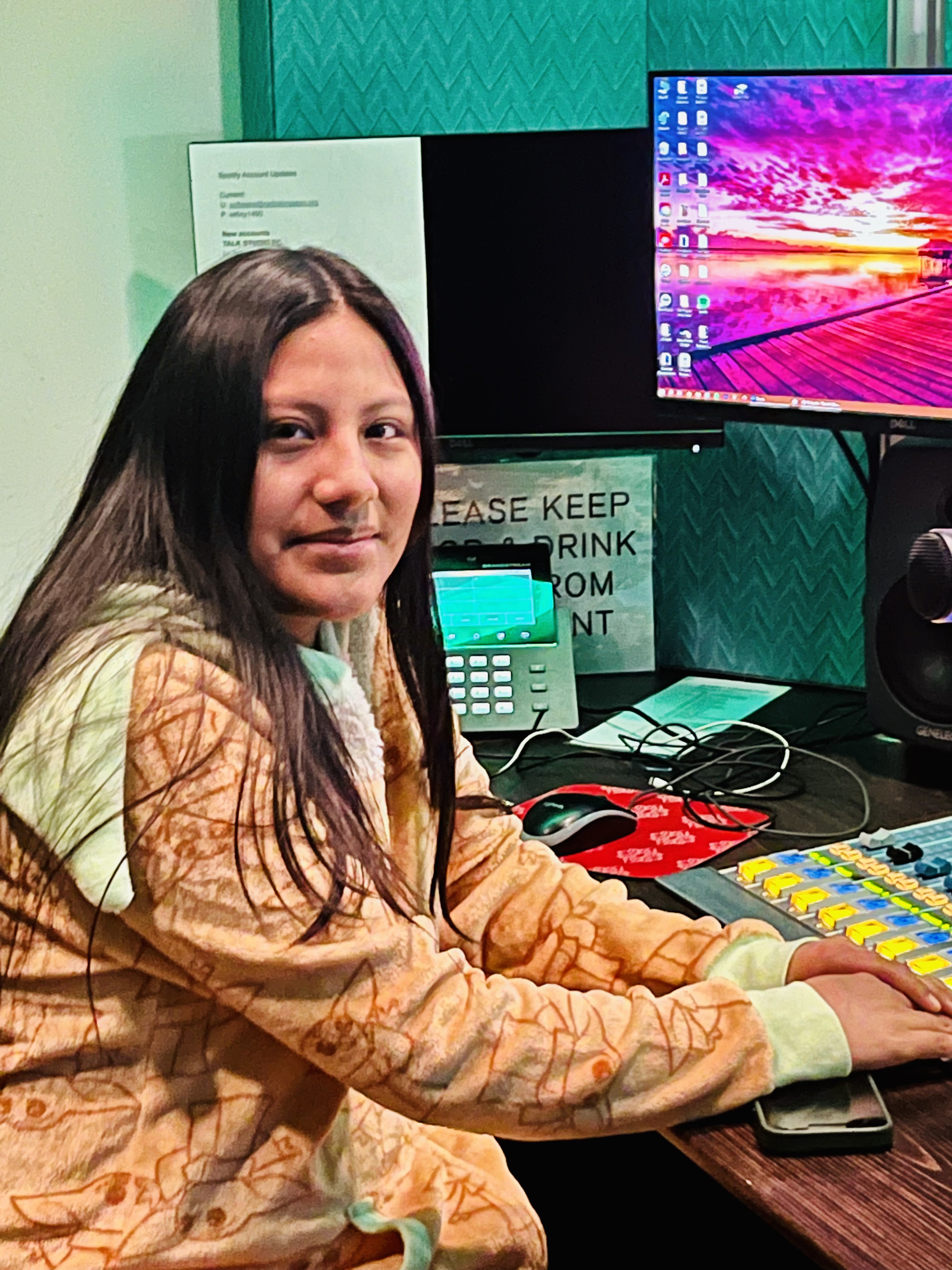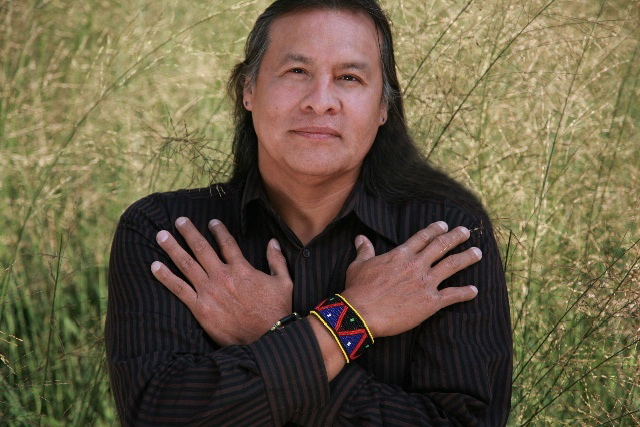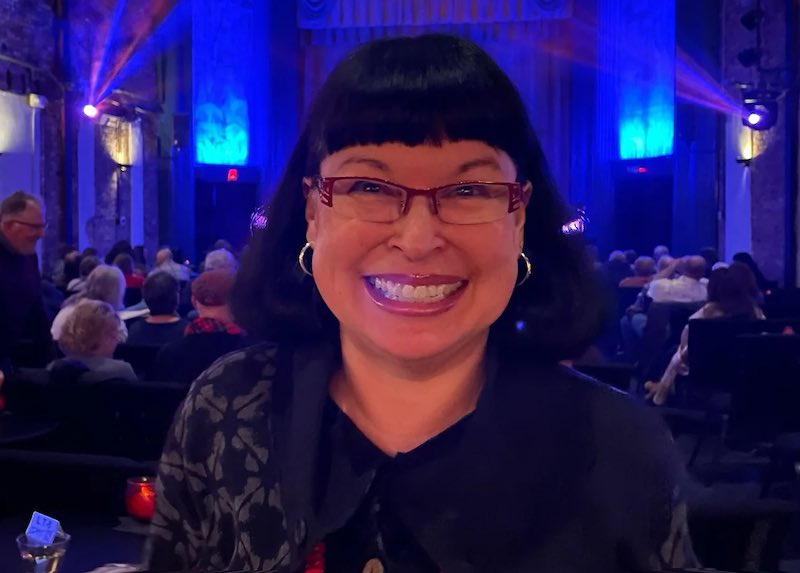This Week's Program: Wednesday, May 9, 2012
- Home
- This Week's Program: Wednesday, May 9, 2012
Loading...

SKYWAVES: Indigenous News Worldwide
STORY ONE: Source: Cultural Survival www.culturalsurvival.org In Central America Panama: Report Shows Government Plans More Dams
An investigative reporting crew released a documentary this month on Al Jazeera showing the protests and negotiations that have occurred regarding mining and hydro-electric projects in the Ngöbe-Bugle territory. The documentary shows the reservoir of the Chan-75 dam which submerged an entire Ngöbe community. Construction is now underway for the Barro Blanco dam, which will submerge more Ngöbe communities. The Barro Blanco region is also the home of a critically endangered endemic species of frog.
A confidential report leaked to the investigators uncovered the government’s plans for many other hydro-electric projects, with contracts already signed. Filmmaker Glenn Elis reported: “Alongside each project listed were the names of the company directors involved - a roll call of Panama's wealthiest families. It was not difficult to put two and two together. Electricity is a commodity like anything else and if there is spare capacity it can be sold to energy-hungry consumers in neighbouring countries. Someone, it seemed, was going to get very rich.”
Two weeks ago, the government concluded negotiations with the Ngöbe people to pass a new law that prohibits all new mining projects and requires approval of the Ngöbe people for dam projects, but the Barro Blanco dam is excluded from this requirement, despite the protests of the Ngöbe people.
STORY TWO: Source: Indigenous Peoples Issues and Resources www.indigneouspeoplesissues.com In Pacific-Oceania
Papua New Guinea: Motuan Land Rights Need Attention
Arua Arua Miria, a Motuan from Hanuabada is an angry man. Over the years, his people have seen their traditional hunting and fishing grounds taken from them through “legal’ and illegal means.
Like many other Papua New Guinean communities, Motuan land was communally owned until the arrival of the British in 1884. Commodore James Erskine raised the Union Jack on Motuan land, declared it a protectorate of the British Empire and made laws that – over time – took away the land rights of the traditional landowners.
“The white man arrived just 200 years ago. We were here 2000 years before they arrived.
“They brought their laws – laws that took away our rights. Our ancestors placed their fingerprints on agreements, documents they didn’t understand,” Miria says.
STORY THREE: Source: Indigenous Peoples Issues and Resources www.indigneouspeoplesissues.com New Zealand: Minister Supports Maori Language In All Schools
Maori Affairs Minister Pita Sharples has congratulated his colleague, Trade Minister Tim Groser, for saying te reo Maori should be taught in all primary schools.
“I welcome Minister Groser's comments. His work at global meetings would show him that most people in the world today are bilingual or multi-lingual,” said Dr Sharples.
“There is plenty of research evidence to say that being bilingual is a huge advantage intellectually, educationally and socially.
“The Maori Party thinks Maori should be ‘compulsorily available’ in all schools, and various public opinion surveys show most New Zealanders support that stance.
“I also think all Maori children should have access to Maori-medium education, which produces fluent speakers of Maori; and the government is working on a range of initiatives to help that happen.
“I am leading the development of a new Maori Language Strategy to guide government policy on language revitalisation, so we get the best outcome for the language for the money we invest. Maori whanau and hapu must lead efforts to maintain Maori as a living language in this country, and the Government needs to be systematic and co-ordinated in our support.
“It is very heartening to see that most New Zealanders want te reo Maori to be spoken in Aotearoa, and the idea of all children being able to learn Maori at school, which might once have been considered controversial, is now mainstream thinking,” said Dr Sharples.
STORY FOUR: Source: Gitga'at Nation British Columbia: Oil Spill Response - Canadian Coast Guard "Gone Fishing"
CAUGHT ON VIDEO: Lead federal agency for oil spill response sends fishing party instead of clean-up crew; Gitga'at Nation accuses federal government of mishandling oil spill response in the Great Bear Rainforest.
The leadership of the Gitga'at Nation held an emergency meeting on May 5th to discuss what they see as a failure of the federal government to respond appropriately to an unfolding maritime oil spill in the Great Bear Rainforest. The spill is originating from the Brigadier General M.G. Zalinski, a U.S. army ship that sank in 1946 with 700 tonnes of bunker fuel on board.
The Gitga'at say the government is underestimating the size of the spill and they are demanding a full clean-up of the wreckage.
Video and photos of the oil spill and the Coast Guard fishing are available here: http://andrewfrank.ca/2012/05/03/video-canadian-coast-guard-gone-fishing/
“News sources today include Indigenous Peoples Issues and Resources and Cultural Survival”.
“Skywaves is produced in the studios of WBAI NY and in alliance with First Voices Indigenous Radio and First Peoples World Wide, the only direct funder to Indigenous communities globally. Go to FirstPeoplesworldwide.org or Firstvoicesindigenousradio.org to download today’s featured stories. Email us at Skywavesnews@gmail.com Thanks for joining us.”


